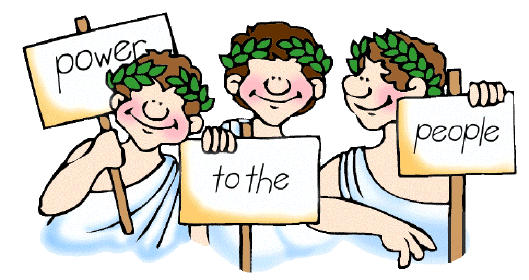It’s not the West versus the Rest any more

In mid-April, former Swedish prime minister Carl Bildt made a remarkable diagnosis of the global body politic: The West is facing a crisis of confidence but it has to recover its spirits and its moral compass.
Those weren’t Mr Bildt’s words exactly, but that was his meaning.
He is spot on, except that I’m not sure if the great divide should be designated as the West against the rest. Mr Bildt himself admits that ‘the West’ cannot just be the US, Europe, Australia and New Zealand any longer. Instead he talks about the “the wider West, meaning not just Europe but countries like India, which will remain committed to liberal democracy, economic openness, and the values underpinning that miraculous quarter-century after the Cold War.”
Who should be part of ‘the wider West’?
- Strongman-leaning America?
- Can the United States, which has been breaking international agreements with impunity, be described as a member of the rule-bound world order created by it and ‘the West’? Or is it on its way to becoming a rogue state, a rich and militarily powerful country, bearing down upon the rest of the world?
- Should Italy, which elected two obviously racist parties to form a government, be part of ‘the wider West’? After all, ‘the West’ is said to believe in, embody and lecture everyone else, including Iran, Afghanistan and Venezuela on inclusiveness, equality and the greater common good.
- Should Malaysia, which ejected a corrupt party that has governed the country since independence, be considered part of an emerging ‘wider West’? What about Ethiopia, South Africa, Zimbabwe, Angola, all of which are trying (with varying degrees of sincerity and success) to reform?
Okay, so there are decided differences on what makes ‘the West’ ideologically western anymore. Liberal internationalism and enlightenment values – reason, rational discourse, science, and freedom –no longer seem to hold much sway in some western capitals. But ‘the wider West’ could be a fixed point in a turning world – as a champion of universal ideals, to be localised as needed .
At a point when, as Mr Bildt writes, “the politics of idealism and hope have been replaced by the politics of identity and fear”, there remains a place for good ideas and institutions. That world order delivered prosperity, stability and greater peace than we might have expected for 70 years. Now, the notional wider West must take them forward.

